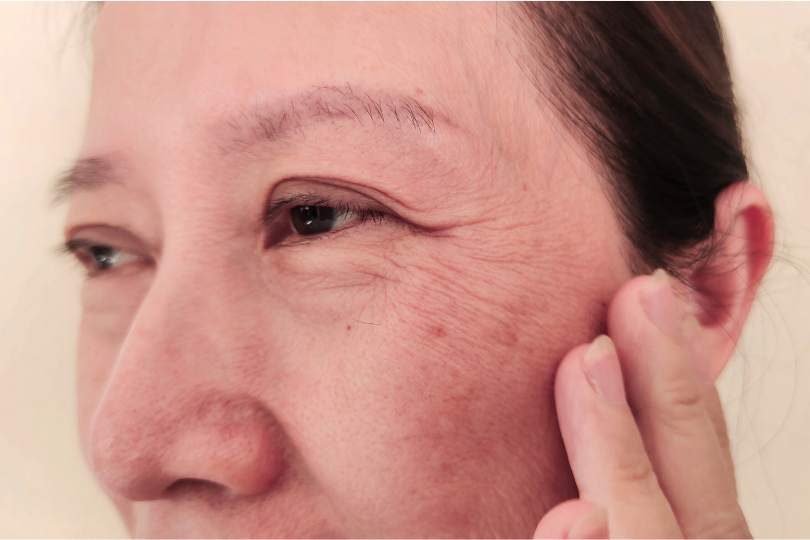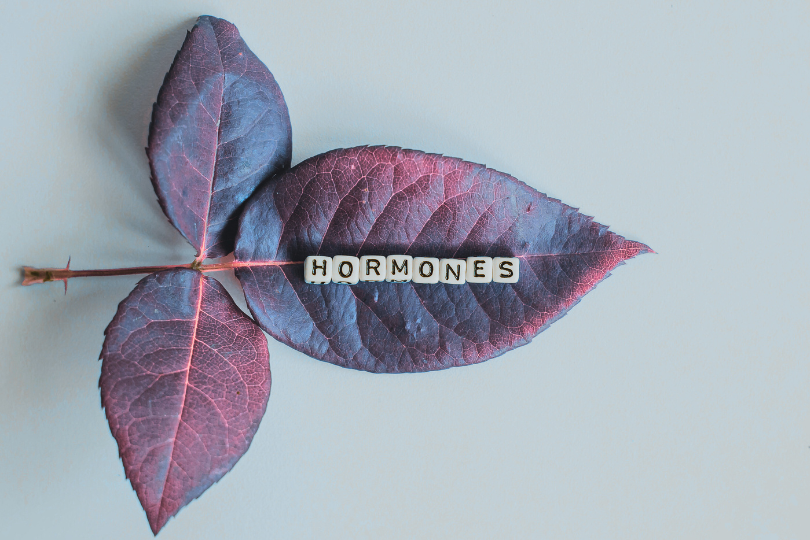For many of us women, making decisions about starting a family can feel like standing at a crossroads. There are times when the idea of motherhood doesn't quite fit with where we are in life, yet we don't want to close the door on it completely for the future.
This is particularly challenging in a society like Singapore's, where there is a significant emphasis on traditional milestones like marriage and homeownership before having children, and lingering expectations that women should be the primary provider of child care. Amidst all this, some of us are still figuring out whether we want children at all, wishing to retain the ability to decide differently as our lives unfold.
In this evolving landscape of family planning, more women are considering egg freezing as a proactive measure. In this article, we'll explore the optimal time to consider egg freezing and why it's an increasingly popular choice among women in their late 20s and early 30s.
If you're in your late 20s or 30s, the idea of egg freezing might be worth serious consideration. Research suggests that women in their 20s and early 30s typically have a higher ovarian reserve, resulting in more and better-quality eggs. This advantage not only increases the chances of successful freezing but can also save money, time, and effort on multiple cycles that may be needed in later years.
As women age, a larger percentage of our eggs become chromosomally abnormal. This reality prompts the recommendation to freeze a higher number of eggs as one gets older to improve the chances of having a baby from frozen eggs. Based on clinical studies, in their early 30s, women are recommended to freeze 10-15 eggs for a 70-80% chance of having a baby. At age 39, a woman is recommended to freeze 25-30 eggs to have similar odds. (Note: Every individual is unique and chances of live birth can look very different from one person to another).

As the same time as a growing portion of the eggs are chromosomally abnormal, a woman's egg reserves also drop as she grows older. A woman’s egg reserves deplete at around 1000 eggs each month after puberty (typically, 1 egg gets released through ovulation while the other eggs die by natural cell death).
The number of eggs that can be frozen is closely tied to egg reserves—more eggs remaining in the ovaries mean a higher chance of freezing more eggs. This means that as a woman grows older, it becomes harder for her to freeze a good number of eggs. Paradoxically, she would need to freeze more eggs then for the same chances of having a baby in future.

With these considerations, at Taylor, we advocate for the late 20s and early 30s as the sweet spot for considering egg freezing. As discussed above, a woman's fertility begins to decline more quickly at age 35, making it a crucial time to preserve reproductive options in that window of time. There are cost savings to freezing your eggs early, as you would need fewer egg freezing cycles to achieve the same (or better) chances of having a baby in future.
Considering the future is an essential aspect of family planning, and it can be difficult to plan when there is a chance that one will find a partner and settle down in the next couple of years. Many women may only think about their first child, but planning for a second child is equally important. Some individuals who had no issues conceiving their first child may face challenges when trying for a second. This is what is termed secondary infertility, and accounts for 50% of infertility cases. To keep options open for a child in the late 30s, freezing eggs in the late 20s or early 30s could be a strategic move.
The decision to freeze our eggs is a delicate balance of age-related fertility factors, financial considerations, and the desire for future family planning. If you’re curious about egg freezing, speak to our fertility care team who can answer your questions and help you create a plan that works for you.
Interested in exploring egg freezing? Get started here with Taylor - your dedicated egg freezing partner. We find you the best clinic for your fertility condition and budget, handle all appointments and logistics, provide convenient fertility checks - all you have to do is turn up.



If your routine suddenly feels out of step, it’s not your products, it’s your hormones. As estrogen begins to fall, the signals that keep skin strong and hydrated weaken. Dryness, breakouts, pigmentation, and slower healing start to appear, even with the same products you’ve always used. The good news: you can adapt. With smart everyday care (SPF, hydration, retinoids, vitamin C), lifestyle support (nutrition, sleep, stress), and medical options when needed (prescription treatments or hormone therapy), your skin can stay strong and healthy well into your 40s, 50s, and beyond.

Menopause isn’t just the end of periods. It’s the start of a new phase where lower estrogen levels can affect your bones, heart, brain, skin, and more. This guide breaks down what’s happening in your body and what you can do to stay strong and well after menopause.

No one talks about it, but perimenopause can hit in your 30s or 40s, and it’s not just about your period. Think brain fog, poor sleep, low libido. Here’s what to look out for and what you can do.